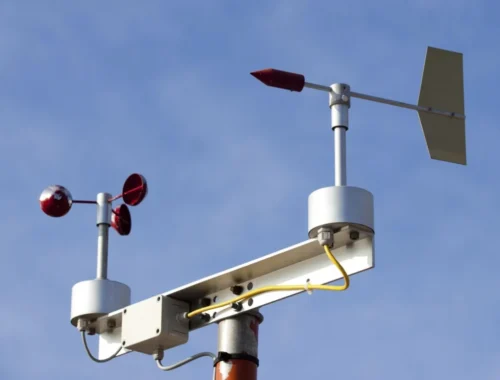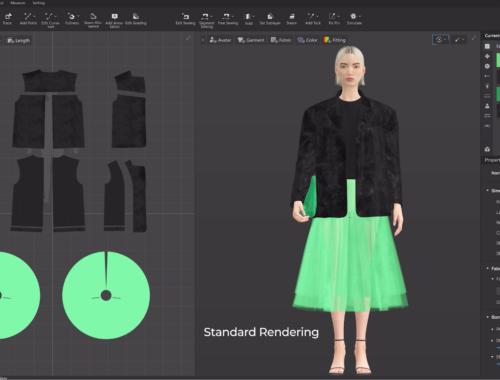How the California Fires Led to a Grassroots Ultra
As the Camp Fire continues to devastate Northern California, the canceled North Face Endurance Challenge provided an opportunity for runners to do some good, and gain some perspective
After the Mendocino Complex Fire burned almost half a million acres last summer to become the largest wildfire in California history, this month’s Camp Fire has set another grim record. As of Monday evening, when the fire was at 66 percent containment, 77 fatalities had been confirmed in Butte County, with over 1000 people still unaccounted for. At least 12,500 structures have been destroyed. It’s already the most destructive wildfire in state history, and the nation’s deadliest in over a century. Surveying the ash-strewn wreckage of Paradise, CA, President Trump observed that it was “a really, really bad one.”
There is, perhaps, no adequate response to the scourge of the megafire. But when the organizers of The North Face Endurance Challenge Series made the decision early last week to cancel their annual marquee event in the Marin Headlands, they were surely not wrong. Smoke from the Camp Fire had earned the Bay Area the unenviable distinction of having the worst air quality in the world. On their website, The North Face wrote that calling off their race series, which was scheduled to take place over the weekend, was a difficult decision. It seems unlikely, however, that the company will get any flak for opting not to host a hardcore endurance event in a city where thousands of residents are currently wearing respirators. (The North Face has donated the $30,000 race purse to the Camp Fire Evacuation Relief Fund.)
And difficult as the decision may have been, The North Face was wise to cancel its race sooner, rather than later. In 2012, Hurricane Sandy ravaged sections of New York City a week before the marathon was scheduled to take place. That year, Mayor Bloomberg was criticized for waiting until Friday afternoon before finally deciding that—due to the city’s strained resources—it was no time to throw the world’s largest running party. But since the race was canceled at the eleventh hour, many would-be marathoners were already in town. That Sunday, Central Park saw a mass procession doing laps around its six-mile loop. Sometimes, people just need to run.
Something similar—and faithful to trail running’s more relaxed ethos—happened in the wake of the TNF cancellation. After the announcement, ultrarunners Jonathan Levitt, Tristan Lewis, and Devon Yanko quickly organized what they called the Donner Party Backup 50K in Tahoe National Forest.
Adamant that it was not a race, Lewis says that the idea was to give people an outlet to “celebrate their training.” With the help of online mapping tools and several volunteers, they drew up 50K and marathon courses on short notice, with aid stations to boot.
“I live outside of Truckee. When the race got canceled, I told Jon that I had a bunch of trails that I’d love to show off and we’d find 50K for him to do,” says Lewis. “There were other people who had worked really hard and wanted to get that run in, so it kind of grew from there.”
Levitt estimates that between 30 and 50 people came out on Saturday to log some miles in the Sierra Nevada—not too shabby, as fallback venues go. The event doubled as a fundraiser for Klean Kanteen Camp Fire Relief; after The North Face agreed to match any donations, the initiative ended up raising around $15,000 for Paradise residents who’d lost their homes. Stoke, apparently, was high.
Also, “non-race” status notwithstanding, the Donner Party Backup was not without significant athletic achievement for the individual runners. Levitt successfully completed his first 50K, and Jenny Medvene-Collins, a Boston-based teacher, ran her first marathon, despite a longtime hip injury where the diagnosis had been that she’d never be able to run more than a mile.
“I was crushed when I heard about the race being canceled, but I knew that the bigger picture was much important than my own race—there were people that really needed help,” says Medvene-Collins. “But then Jon and Tristan figured this way to allow us to follow our own race dreams, while at the same time doing something to help people.”
The sentiment was shared by Devon Yanko, a San Francisco resident and ultrarunning veteran whose accomplishments include a podium finish at Western States in 2016 and a win at the 2017 Leadville 100.
“I was supposed to do Western States as my first 100-miler in 2008, and that was the first time in that race’s history that that race was canceled because of wildfire. So I understand the disappointment,” Yanko says.
An Olympic Trials qualifier in the marathon,Yanko was also signed up for New York City in 2012. She says that one thing that all such canceled events have in common is that you forget about them soon afterwards. If nothing else, it’s a reminder that, on the spectrum of calamity, missed races are insignificant.
“It’s very abrupt to suddenly have something you’ve been focused on for so long, suddenly end. But it’s also not something that you are going to carry with you,” Yanko says. “In the moment you feel disappointed because you’ve put so much into something, but in the long run you have other opportunities… It’s a privilege that we even get to do this.”
Testing Rapha's New Bikepacking Gear
You May Also Like

Wind Speed Measurement Instrument: An Essential Tool for Accurate Weather Monitoring
March 19, 2025
HOW TO PREVENT MOLD AND MILDEW ON TRUCK TARPAULINS?
November 22, 2024